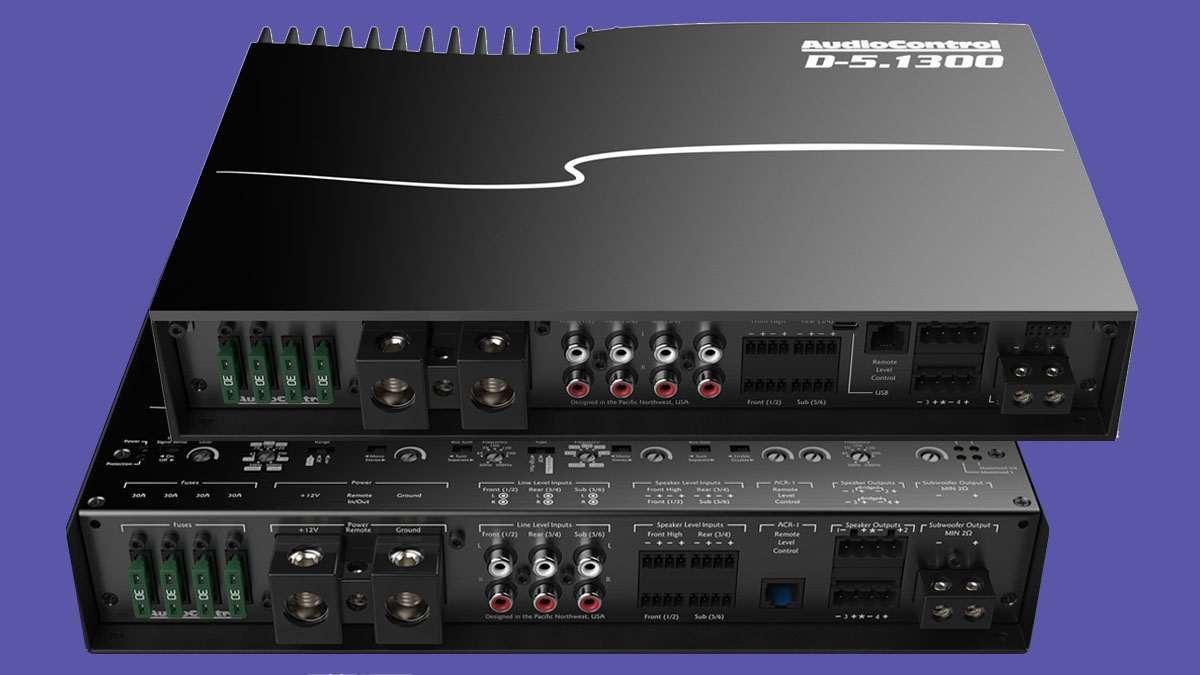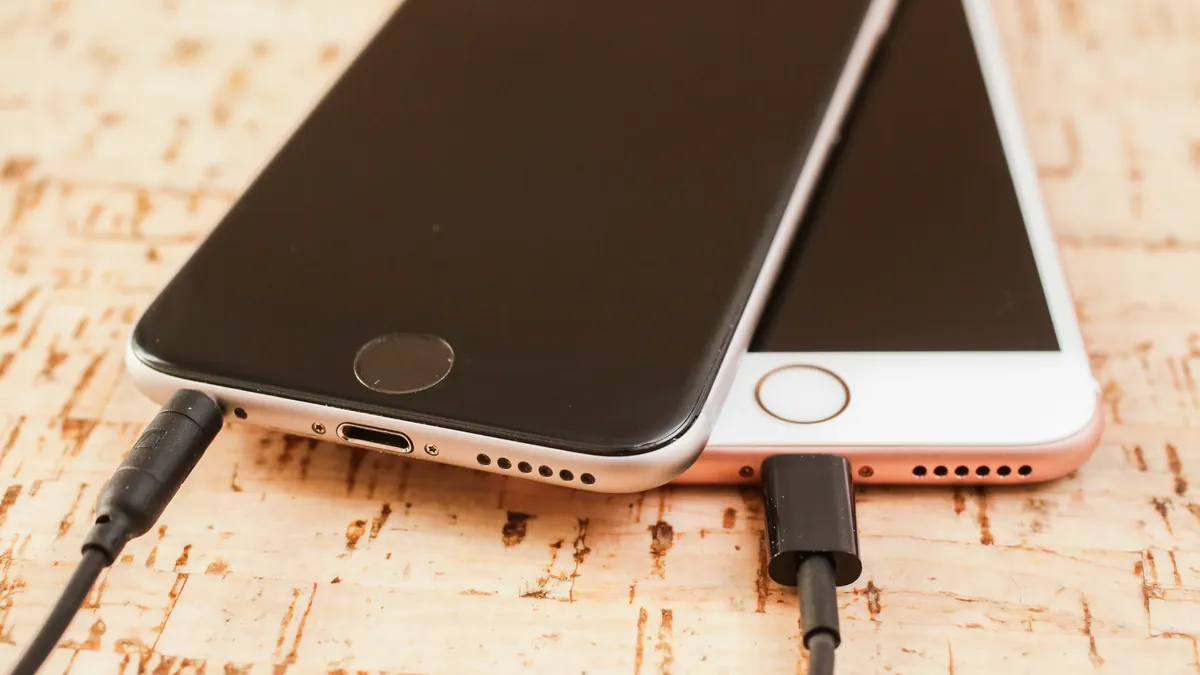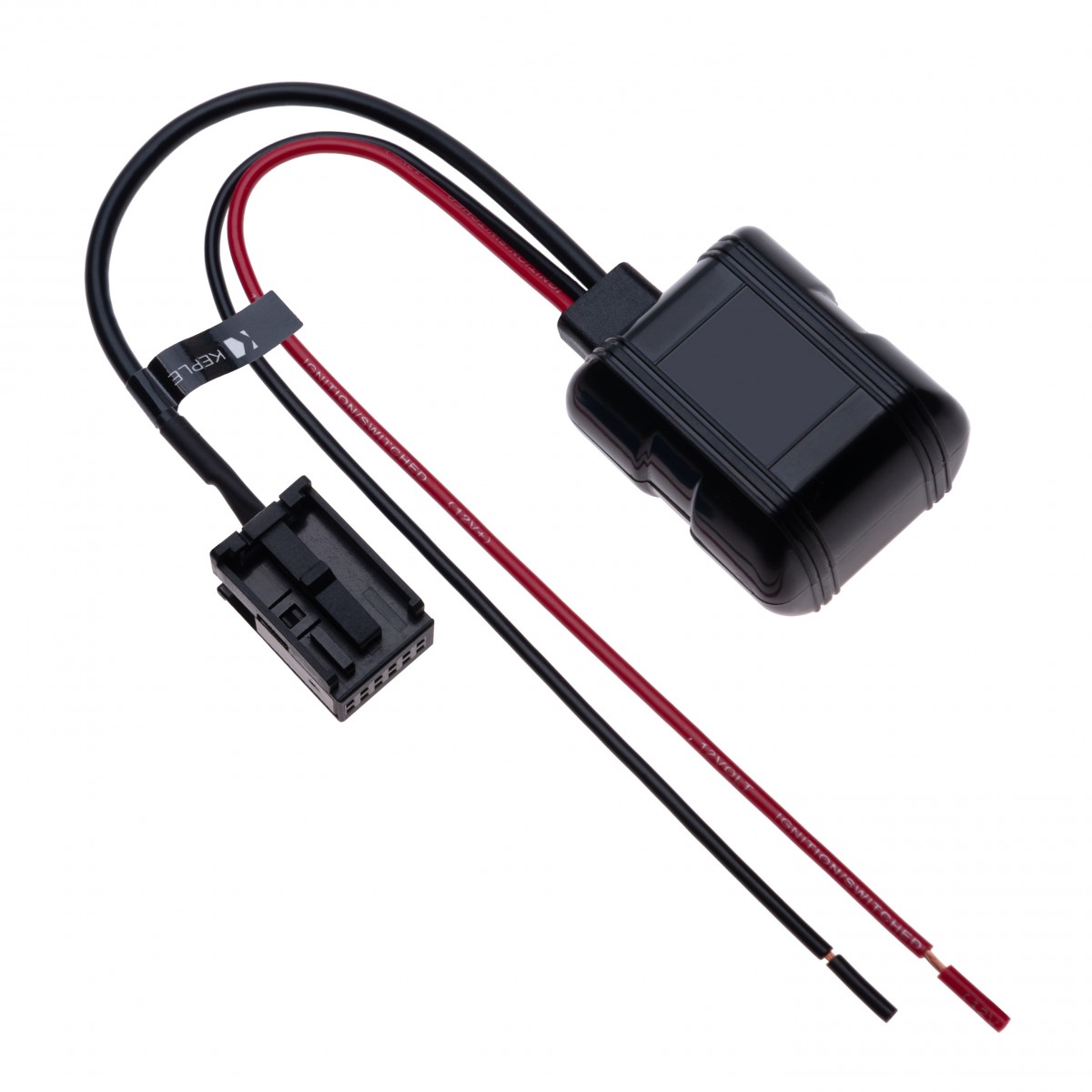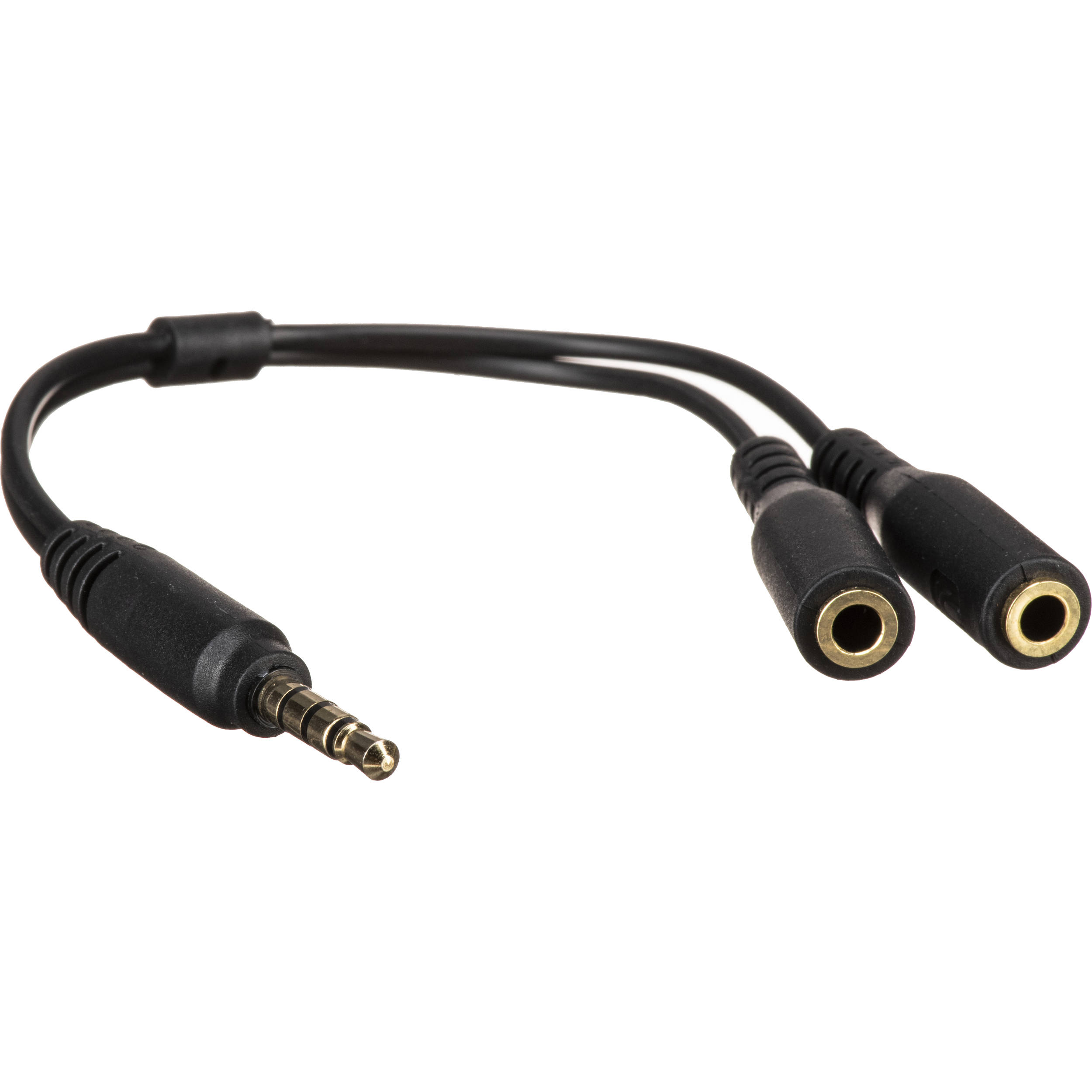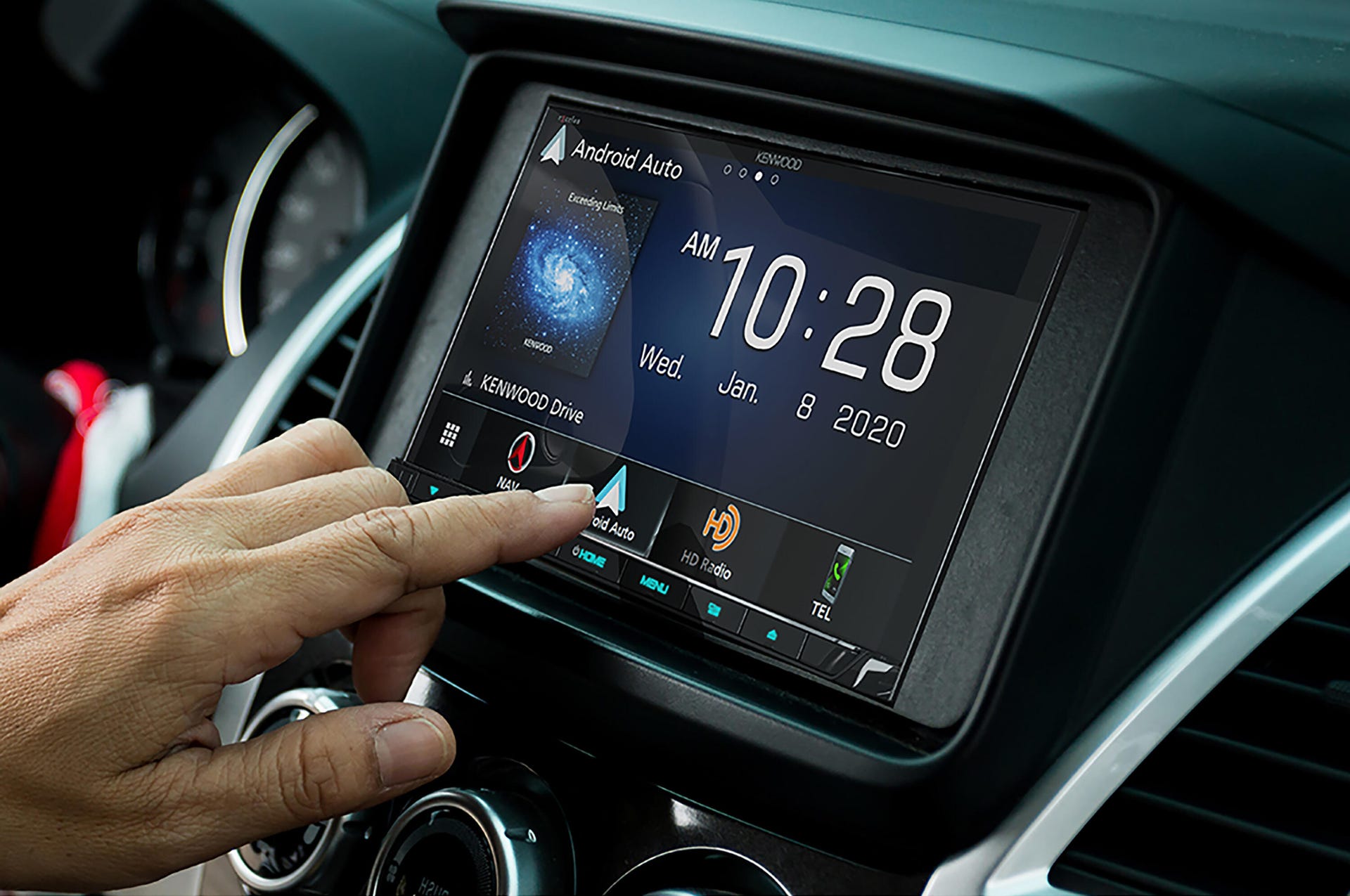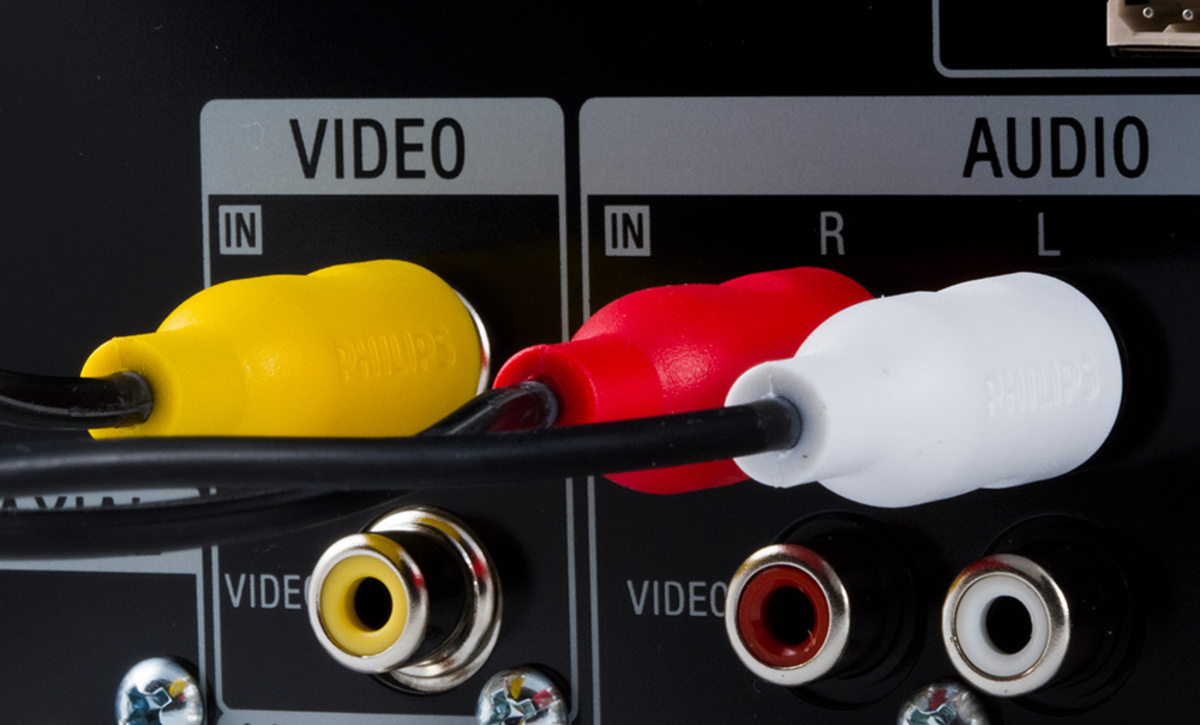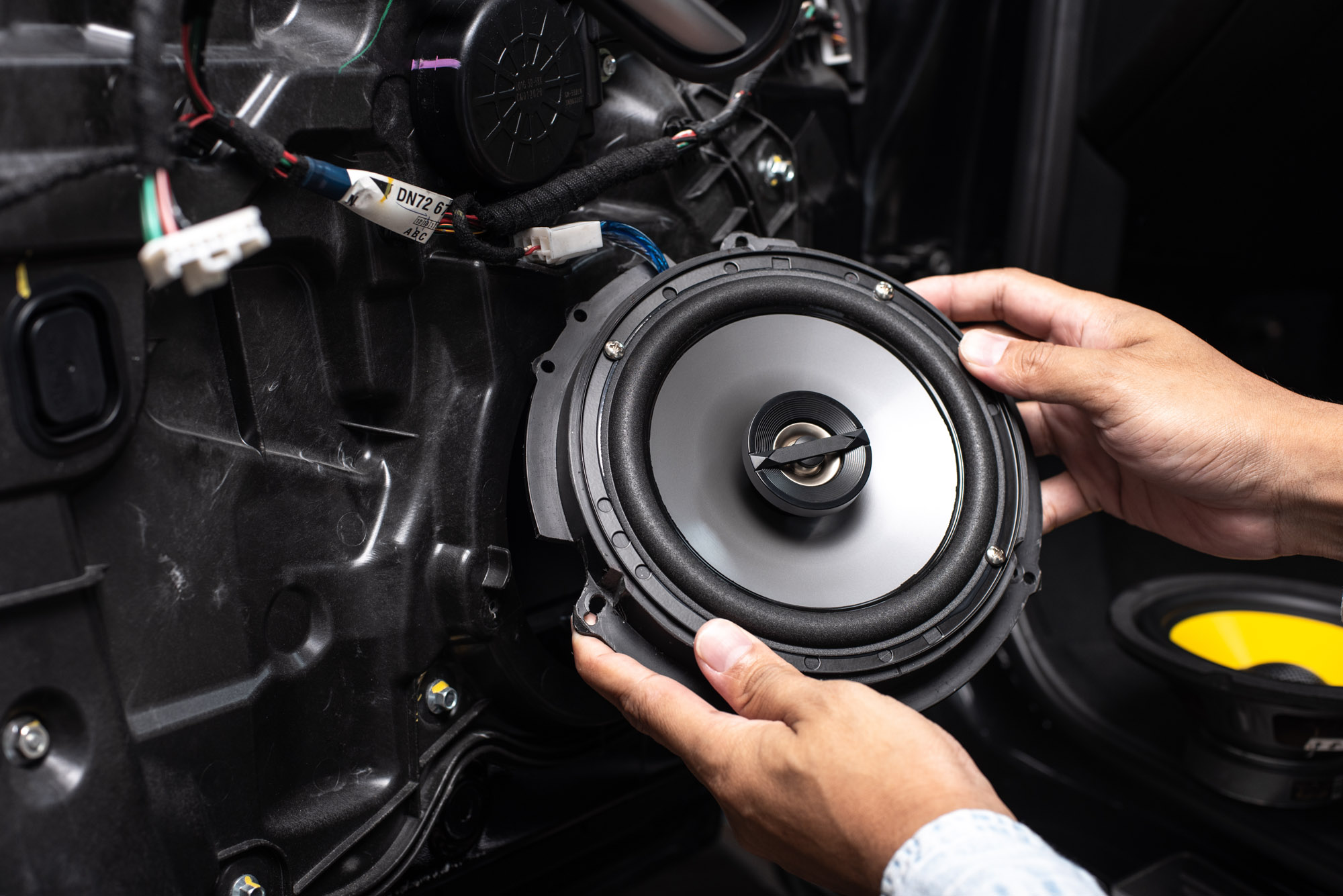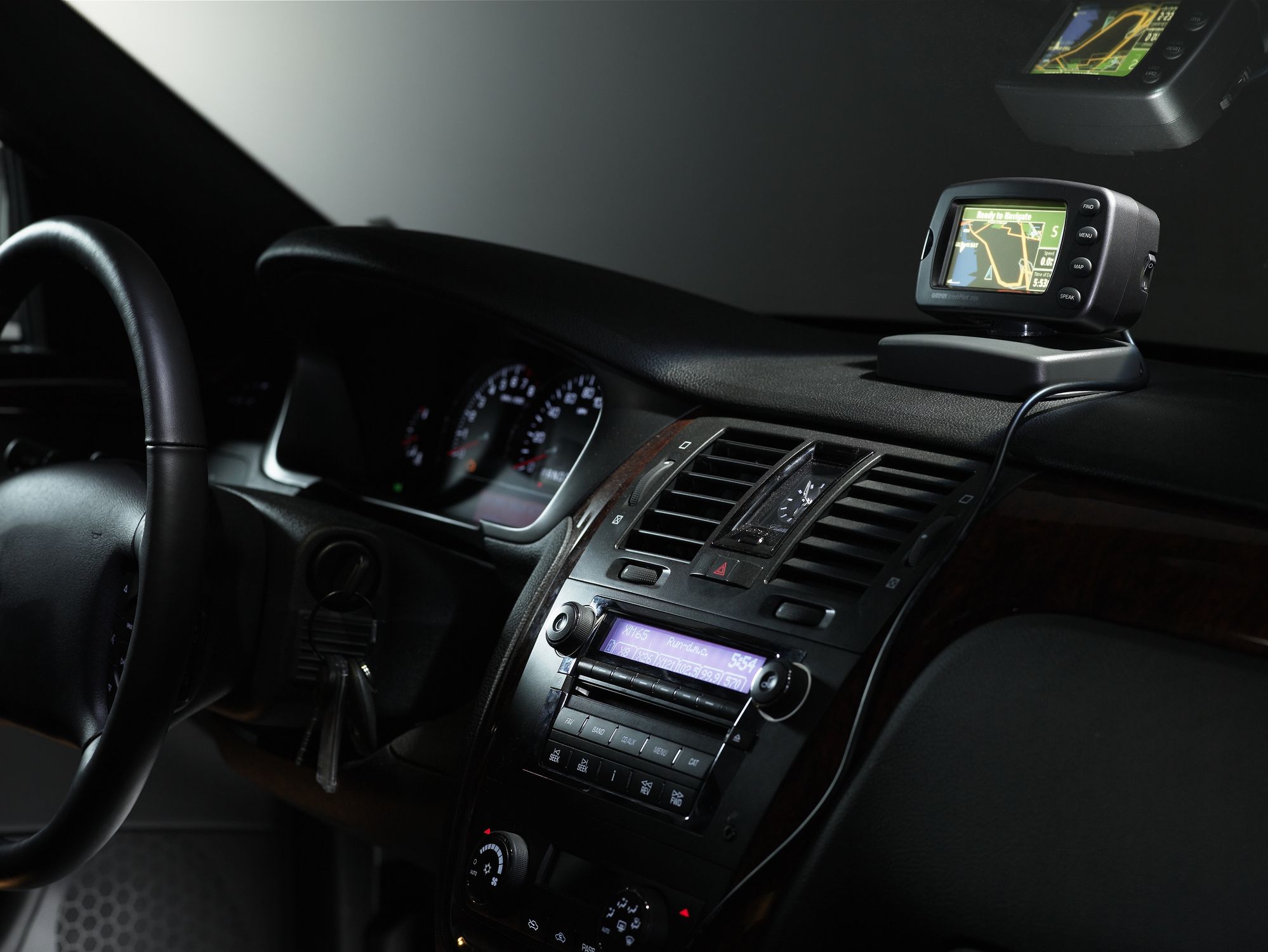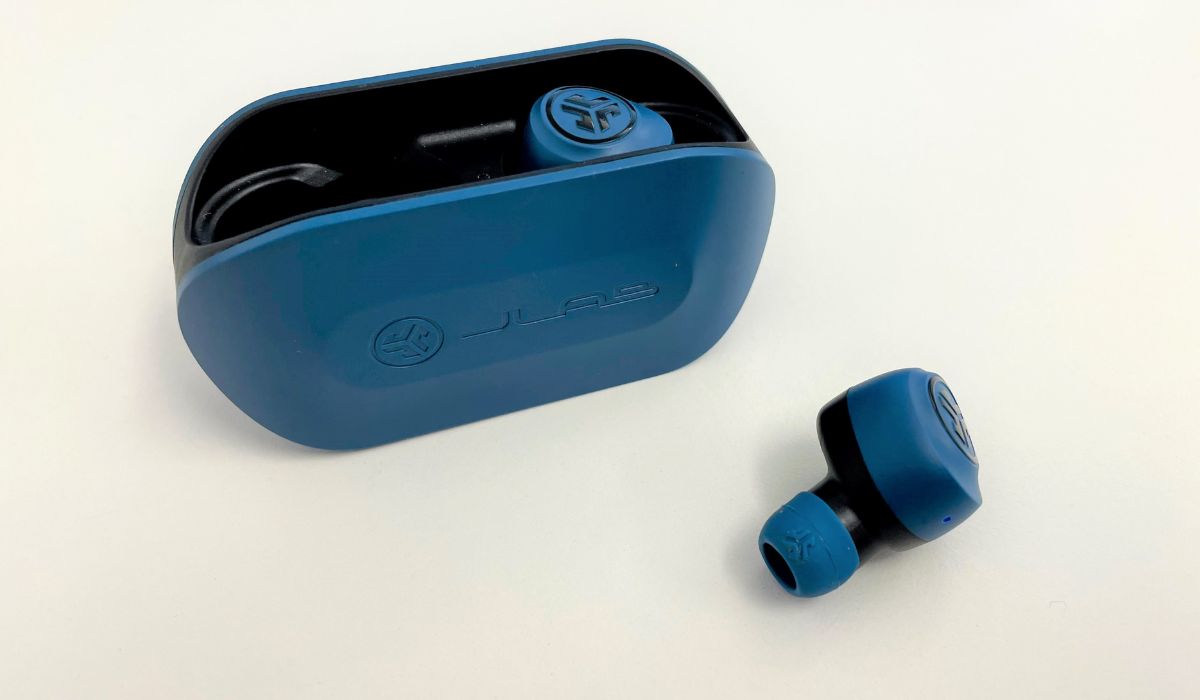Home>Production & Technology>Audio Cable>What Audio Cable Can I Use To Plug My Phone Into My Car
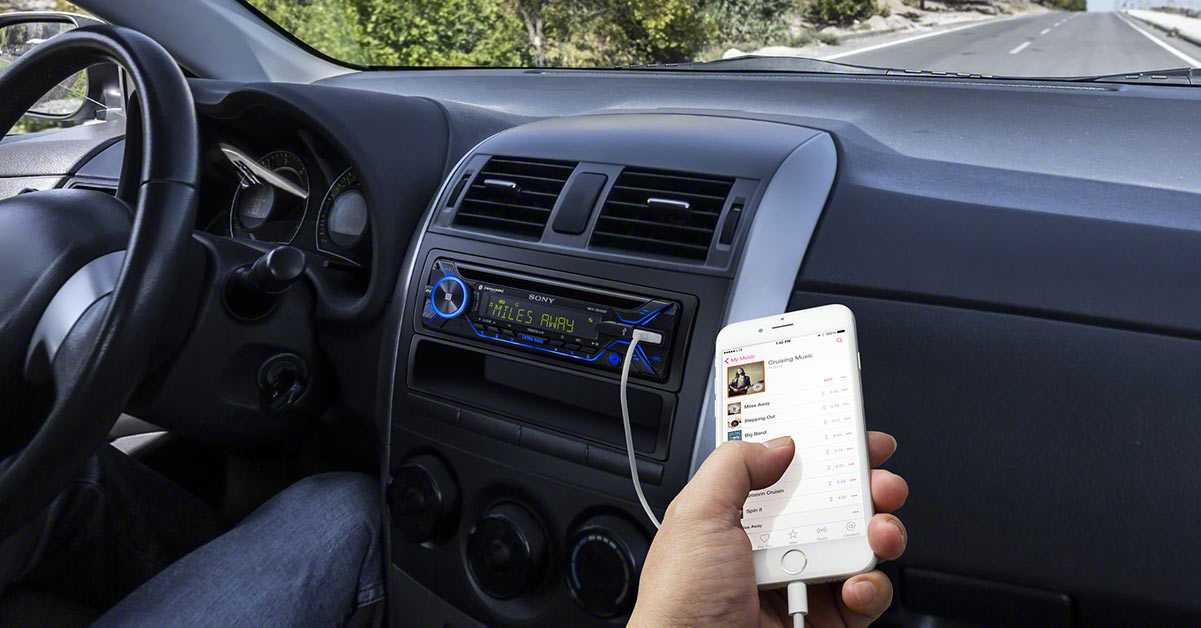

Audio Cable
What Audio Cable Can I Use To Plug My Phone Into My Car
Published: December 19, 2023
Looking for an audio cable to connect your phone to your car? Discover the perfect audio cable solution to enhance your in-car audio experience with ease and convenience.
(Many of the links in this article redirect to a specific reviewed product. Your purchase of these products through affiliate links helps to generate commission for AudioLover.com, at no extra cost. Learn more)
Table of Contents
Introduction
Welcome to the world of audio cables! If you’ve ever wanted to plug your phone into your car’s audio system to enjoy your favorite tunes on the go, you’ve come to the right place. In this article, we’ll explore the different types of audio cables that can be used to connect your phone to your car.
Technology has made it easier than ever to bring your music with you wherever you go. However, not all cars are equipped with Bluetooth capabilities or fancy infotainment systems. That’s where audio cables come in handy. By connecting your phone to your car’s audio system, you can enjoy your favorite music, podcasts, and navigation apps with optimal sound quality.
Understanding the different types of audio cables available and choosing the right one for your phone and car is crucial for a seamless and enjoyable audio experience. Whether you’re a tech-savvy individual or someone new to the world of audio cables, this article will provide you with all the information you need to make an informed decision.
So, without further ado, let’s dive into the world of audio cables and discover the best options for connecting your phone to your car!
Understanding Audio Cables
Before we delve into the specific types of audio cables for connecting your phone to your car, let’s start by understanding the basics of audio cables. An audio cable is a connector that transmits audio signals from one device to another. It serves as the bridge between your phone and the car’s audio system, ensuring that you can hear the sound with clarity and without any interference.
Audio cables are typically composed of three main components: conductors, shielding, and connectors. The conductors are wires inside the cable that carry the audio signal. They are usually made of copper or sometimes silver, which is an excellent conductor of electrical signals.
The shielding, which is usually made of metal, surrounds the conductors to protect them from external interference. This shielding prevents any unwanted noise or distortion from affecting the audio signal, ensuring a clean sound transmission.
Lastly, the connectors are the plugs or jacks at the end of the cable that allow for easy connection between devices. The most common types of audio connectors include 3.5mm (also known as 1/8″ or mini-jack), RCA (also known as phono connectors), and USB.
Understanding the different components of an audio cable is essential because it helps you assess the quality of the cable and determine if it suits your specific audio needs. Factors such as the material of the conductors, the quality of the shielding, and the durability of the connectors can all impact the audio performance.
Keep in mind that audio cables come in various lengths, ranging from a few inches to several feet. When choosing an audio cable, consider the distance between your phone and the car’s audio system to ensure you have enough length for a comfortable connection.
Now that we’ve covered the basics of audio cables, let’s explore the different types of audio cables that you can use to connect your phone to your car.
Types of Audio Cables for Connecting a Phone to a Car
When it comes to connecting your phone to your car’s audio system, there are several options available. Let’s explore three of the most common types of audio cables:
- Aux Cable: An aux cable, short for auxiliary cable, is one of the most straightforward and widely used options for connecting a phone to a car. It typically has a 3.5mm jack on both ends, allowing you to connect your phone to the car’s aux input. Most modern cars have an aux input, often located near the audio controls. Simply plug one end of the aux cable into your phone’s headphone jack and the other end into the car’s aux input, and you’re ready to enjoy your audio.
- USB Cable: If your car’s audio system supports USB connectivity, using a USB cable can be a convenient option. USB cables not only allow you to transmit audio signals but also charge your phone simultaneously. This is particularly useful for longer drives when you want to ensure your phone stays charged. Simply connect one end of the USB cable to your phone and the other end to the car’s USB port or USB audio input (if available), and you’re good to go.
- Bluetooth Adapter: If your car doesn’t have an aux input or USB connectivity, you can still enjoy wireless audio playback by using a Bluetooth adapter. Bluetooth adapters work by connecting to your phone via Bluetooth and transmitting the audio signal to your car’s audio system. Simply pair your phone with the Bluetooth adapter, plug the adapter into the car’s aux input or cigarette lighter, and you’ll be able to stream your favorite music wirelessly.
It’s important to note that the availability of these options may vary depending on your car’s make, model, and audio system. Before purchasing any audio cable, ensure compatibility with your car’s audio setup.
Now that we’ve explored the different types of audio cables, let’s move on to the next step: choosing the right audio cable for your phone and car.
1 Aux Cable
The aux cable, also known as an auxiliary cable, is a classic and versatile option for connecting your phone to your car’s audio system. It is widely compatible and easy to use, making it a popular choice among car owners.
An aux cable typically features a standard 3.5mm jack on both ends. One end plugs into the headphone jack of your phone, while the other end connects to the aux input of your car’s audio system. The aux input is usually located near the car’s audio controls and may be labeled as “Aux,” “Line In,” or a similar name.
Using an aux cable has its advantages. Firstly, it provides a direct and reliable audio connection, ensuring high-quality sound transmission without any interference. Additionally, most smartphones and car audio systems have built-in support for aux connections, making it a universally compatible option.
Another benefit of using an aux cable is the simplicity of the setup. There are no additional settings or configurations required. Simply plug in both ends of the aux cable, select the aux input on your car’s audio system, and start playing your favorite music, podcasts, or navigation instructions from your phone.
One thing to keep in mind is the cable length. Make sure to choose an aux cable with a length suitable for your car’s setup. If the cable is too short, it may limit your movement or require you to keep your phone in an inconvenient location within the car. On the other hand, if the cable is too long, it may lead to unnecessary cable clutter.
Overall, an aux cable is a reliable and straightforward solution for connecting your phone to your car’s audio system. Its ease of use, compatibility, and quality audio transmission make it a popular choice among car owners seeking a hassle-free connection.
2 USB Cable
A USB cable provides a convenient and versatile option for connecting your phone to your car’s audio system. While commonly used for charging devices, USB cables can also transmit audio signals, allowing for seamless playback of music, podcasts, and more.
To use a USB cable for connecting your phone to your car, you’ll need a car audio system that supports USB connectivity. Many modern cars come equipped with USB ports specifically designed for connecting devices. These ports can be found in various locations, such as the center console, dashboard, or even the armrest.
To connect your phone using a USB cable, simply plug the USB end of the cable into the USB port in your car and the other end into the charging port of your phone. Once connected, your phone will not only be charged, but it will also be seamlessly integrated into your car’s audio system.
Using a USB cable offers several advantages. Firstly, it allows for the simultaneous charging of your phone while playing audio. This is particularly useful for long car rides when you need to keep your phone’s battery topped up. Additionally, some car audio systems offer enhanced functionality when connected via USB, such as direct control of music playback and display of track information on the car’s screen.
Another benefit of using a USB cable is the potential for improved audio quality. USB connections can transmit digital audio signals, ensuring a cleaner and more accurate audio reproduction compared to analog connections like aux cables. However, keep in mind that the quality of audio will also depend on the capabilities of your car’s audio system.
It’s worth noting that not all cars and phones have USB compatibility. Older car models may lack USB ports, while some smartphones may require specific software or settings to enable USB audio output. Before using a USB cable, ensure that your car and phone are compatible with this type of connection.
In summary, a USB cable provides the advantage of charging your phone while enjoying high-quality audio playback in your car. If your car supports USB connectivity and your phone is compatible, this cable option can offer a seamless and versatile solution for connecting your phone to your car’s audio system.
3 Bluetooth Adapter
If your car’s audio system lacks an aux input or USB connectivity, a Bluetooth adapter can be a convenient solution for connecting your phone wirelessly. A Bluetooth adapter allows you to stream audio from your phone to your car’s audio system without the need for cables or physical connections.
Bluetooth adapters are small devices that connect to your phone via Bluetooth and then transmit the audio signal to your car’s audio system. This allows you to enjoy your favorite music, podcasts, and even navigation instructions, all without the hassle of connecting cables.
Setting up a Bluetooth adapter is relatively simple. First, plug the adapter into the car’s aux input or cigarette lighter for power. Then, pair your phone with the adapter by enabling Bluetooth on your phone and following the instructions provided with the adapter. Once connected, you can start streaming audio wirelessly from your phone to your car’s speakers.
One of the benefits of using a Bluetooth adapter is the flexibility it provides. Since it is a wireless connection, you can keep your phone anywhere within the car, allowing for easier access and convenience. You can control playback and adjust volume directly from your phone, or some adapters may come with additional remote control options.
Bluetooth adapters are compatible with most smartphones, regardless of the operating system, making them a versatile solution for connecting your phone to your car’s audio system. However, it’s important to note that the audio quality and range of a Bluetooth connection may vary depending on the adapter’s capabilities and the quality of your car’s audio system.
Keep in mind that some Bluetooth adapters may also offer other features, such as hands-free calling or voice commands, further enhancing the functionality of your car’s audio system.
In summary, a Bluetooth adapter provides a wireless and convenient option for connecting your phone to your car’s audio system. If your car doesn’t have an aux input or USB connectivity, a Bluetooth adapter can be a great solution for enjoying wireless audio playback while on the road.
Choosing the Right Audio Cable for Your Phone and Car
When it comes to selecting the right audio cable for connecting your phone to your car, there are a few factors to consider. Each option – aux cable, USB cable, and Bluetooth adapter – has its own advantages and considerations, and finding the right fit for your specific needs is essential.
Compatibility is the first aspect to evaluate. Check your car’s audio system to determine which types of connections it supports. If your car has an aux input, an aux cable might be the simplest and most reliable choice. If your car has USB connectivity, a USB cable can offer not only audio transmission but also the convenience of charging your phone simultaneously. For cars without aux or USB options, a Bluetooth adapter can provide wireless audio streaming.
Audio quality is another crucial factor. If you prioritize optimal sound reproduction, a USB connection might be preferable, as it transmits digital audio signals, minimizing noise or interference. However, both aux cables and Bluetooth adapters can also deliver satisfactory audio quality, especially if you choose well-made and shielded cables or high-quality Bluetooth adapters.
Convenience and ease of use should also be considered. An aux cable is often the simplest option since it requires a direct physical connection. USB cables provide the added benefit of charging your phone while in use, which can be advantageous for long drives. Bluetooth adapters, on the other hand, offer the convenience of wireless audio transmission, allowing you to keep your phone within reach.
It’s worth noting that cost and compatibility with your specific devices should also factor into your decision. While aux cables are generally inexpensive, USB cables and Bluetooth adapters can vary in price depending on their quality and additional features. Likewise, ensure that your phone and car are compatible with the chosen audio cable beforehand.
Lastly, consider the length and durability of the cable. Choose a length that suits your car’s setup, allowing for comfortable phone placement. Look for cables made with quality materials for longevity and durability, as they will withstand regular use and potential tugs or pulls.
Ultimately, the choice of the right audio cable depends on your car’s audio system, your phone’s capabilities, and your personal preferences. Assess the options available to you, consider the factors mentioned above, and select the audio cable that best meets your needs for a seamless and enjoyable audio experience on the road.
Conclusion
Connecting your phone to your car’s audio system opens up a world of entertainment and convenience while on the road. Whether you choose an aux cable, USB cable, or Bluetooth adapter, each option offers its own benefits and considerations.
An aux cable provides a reliable and straightforward connection, offering high-quality audio transmission and compatibility with most devices. USB cables offer the advantage of simultaneous audio playback and phone charging, enhancing convenience during long drives. Bluetooth adapters provide wireless audio streaming, allowing for flexible phone placement within the car.
When choosing the right audio cable, consider factors such as compatibility, audio quality, convenience, cost, and cable length. Assess your car’s audio system, your phone’s capabilities, and your personal preferences to make an informed decision.
Remember to prioritize audio quality by selecting well-made cables or adapters, and consider the durability of the chosen cable for long-lasting use. Additionally, ensure compatibility with your phone and car to avoid any surprises or limitations.
Ultimately, connecting your phone to your car’s audio system with the right audio cable enhances your driving experience and allows you to enjoy your favorite music, podcasts, and navigation apps with optimal sound quality.
So, whether you prefer the simplicity of an aux cable, the versatility of a USB cable, or the wireless freedom of a Bluetooth adapter, embrace the power of audio cables and bring your phone’s audio content to life in your car.

